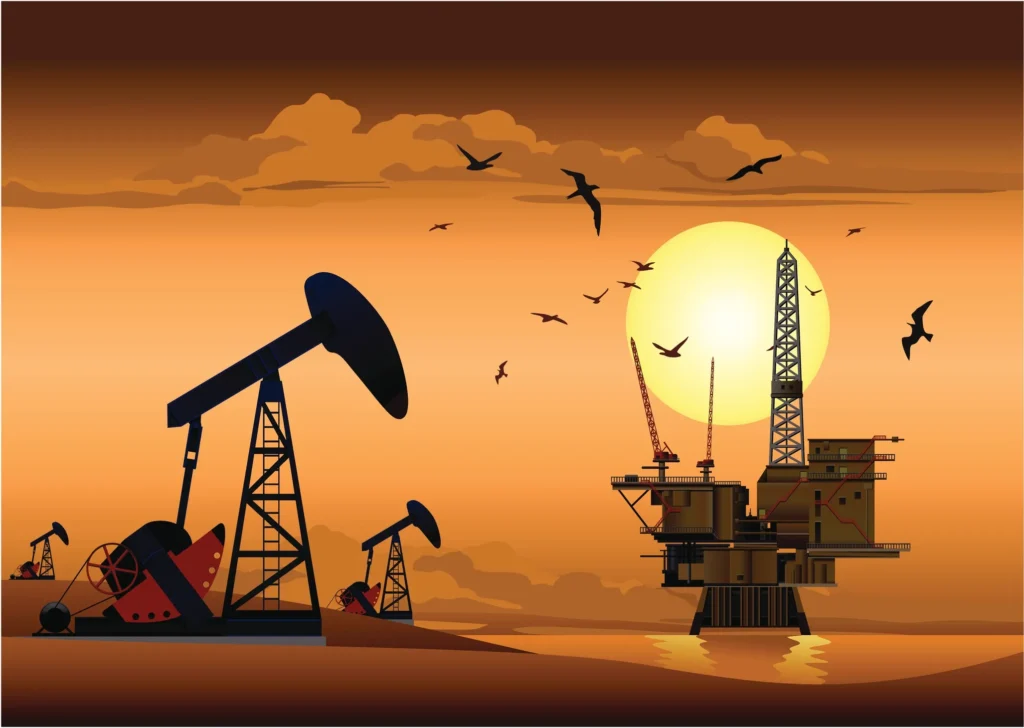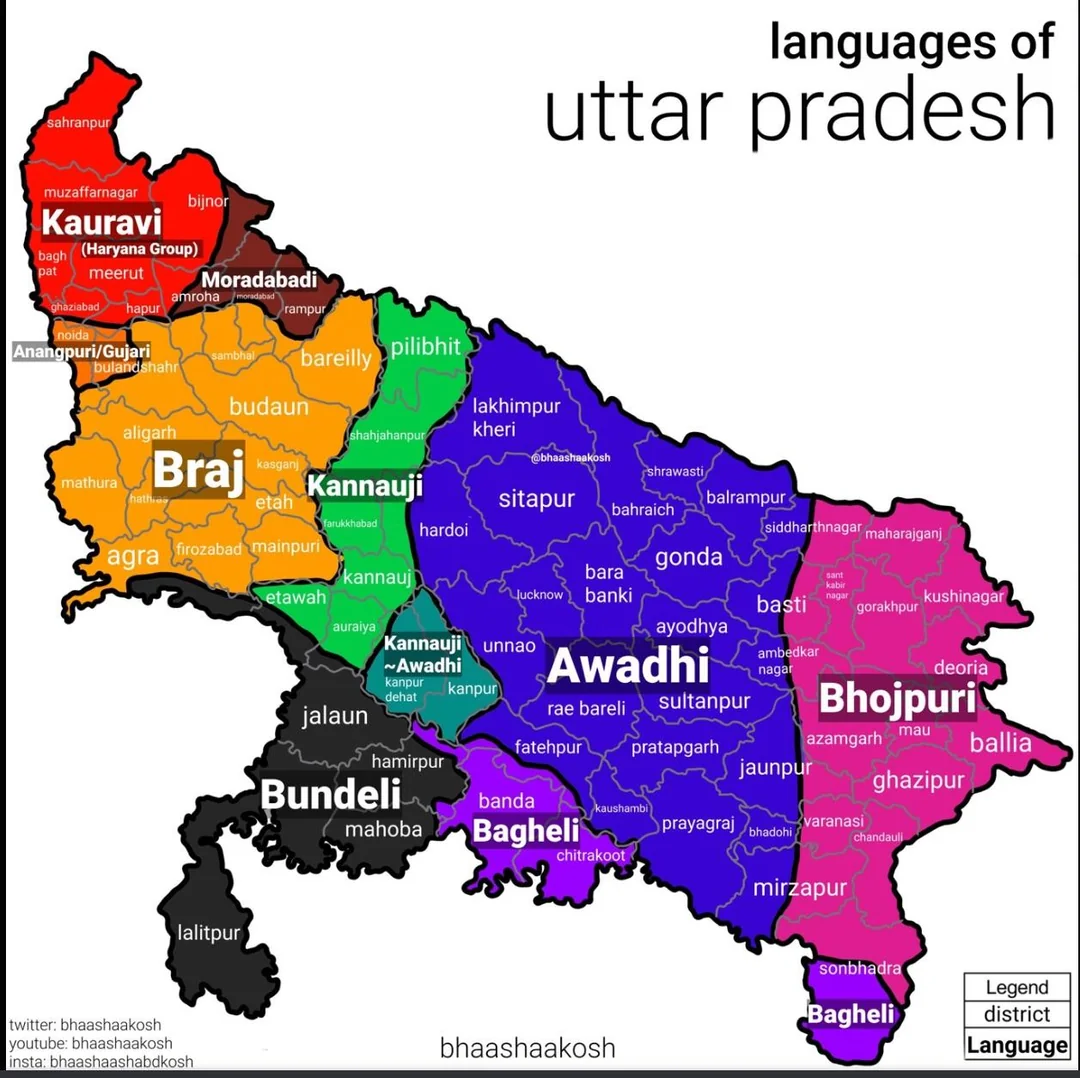Largest Petroleum Producing Country in the World
Introduction
In the global energy landscape, petroleum plays a crucial role as one of the most significant sources of energy. The production and exportation of petroleum not only contribute to the economic strength of nations but also shape international relations. As of the latest reports, the United States has emerged as the largest petroleum-producing country in the world, surpassing other major producers like Saudi Arabia and Russia.
The United States: Leading Petroleum Production
The United States has maintained its position as the world’s largest petroleum producer, with a robust infrastructure that includes advanced drilling technologies and expansive oil reserves. The country’s production is largely driven by shale oil extraction, which has revolutionized the energy sector. Texas, North Dakota, and New Mexico are key states contributing to this vast output.
Impact of Shale Revolution
The “Shale Revolution” in the United States has been a game-changer in the global oil market. Hydraulic fracturing, commonly known as fracking, has unlocked vast quantities of oil and gas that were previously inaccessible. This technological advancement has not only boosted U.S. production but also decreased the country’s dependence on foreign oil.
Global Implications
The United States’ dominance in petroleum production has significant implications for global geopolitics. It has altered the dynamics of global oil prices and reduced the influence of traditional oil-producing giants like OPEC. The ability of the U.S. to influence global oil supply and pricing has become a critical factor in international trade and energy policies.
Environmental Concerns
Despite its economic benefits, the surge in petroleum production has raised environmental concerns. The extraction process, particularly fracking, has been criticized for its potential to cause environmental damage, including groundwater contamination and increased greenhouse gas emissions. Balancing economic growth with environmental sustainability remains a challenge for the United States.
Conclusion
As the largest petroleum-producing country in the world, the United States plays a pivotal role in the global energy market. Its advancements in technology and resource management have not only enhanced its energy security but also positioned it as a key player in international energy politics. However, the environmental impact of such large-scale production cannot be overlooked, and efforts must continue to ensure sustainable energy practices.

Why This News is Important
Significance in the Global Economy
The news about the United States being the largest petroleum-producing country is crucial as it underscores the country’s influence on the global economy. Petroleum is a fundamental resource, and its production levels directly affect global oil prices, trade balances, and economic stability. This information is particularly relevant for students preparing for government exams, as it relates to economic policies and international trade.
Impact on Energy Security
Understanding the United States’ role in petroleum production is vital for grasping the concept of energy security. The country’s ability to produce vast amounts of petroleum ensures its energy independence, reducing reliance on imports. This aspect of energy security is a key topic in exams related to national security and international relations.
Environmental and Policy Implications
The environmental concerns associated with petroleum production, especially through fracking, make this news significant. It highlights the ongoing debate between economic growth and environmental sustainability, a topic that frequently appears in civil service exams. Understanding the balance between these factors is essential for students aiming to work in policy-making positions.
Historical Context
Evolution of U.S. Petroleum Production
The history of petroleum production in the United States dates back to the mid-19th century with the discovery of oil in Pennsylvania. Over the years, the U.S. has developed into a major oil producer, particularly with the discovery of oil fields in Texas and Alaska. The real game-changer came with the advent of hydraulic fracturing technology in the late 20th and early 21st centuries, leading to the “Shale Revolution.” This revolution significantly boosted U.S. production, allowing the country to surpass traditional oil giants like Saudi Arabia and Russia.
Global Influence of U.S. Petroleum
Historically, the U.S. has played a significant role in shaping global oil markets. From the formation of OPEC to the oil embargoes of the 1970s, U.S. petroleum policies have had far-reaching implications. In recent decades, the increase in U.S. oil production has altered the balance of power in the global energy market, challenging the dominance of OPEC and reducing global oil prices.
Key Takeaways from “Largest Petroleum Producing Country in the World”
| S.No. | Key Takeaway |
|---|---|
| 1 | The United States is the largest petroleum-producing country in the world. |
| 2 | Shale oil extraction, particularly through fracking, has been pivotal in increasing U.S. oil production. |
| 3 | U.S. dominance in petroleum production influences global oil prices and international trade. |
| 4 | Environmental concerns, including groundwater contamination and greenhouse gas emissions, are associated with large-scale petroleum production. |
| 5 | The United States’ energy policies have a significant impact on global geopolitics and energy security. |
Important FAQs for Students from this News
Q1: Which country is currently the largest petroleum-producing country in the world?
- A1: The United States is the largest petroleum-producing country in the world.
Q2: What is the main factor contributing to the United States’ dominance in petroleum production?
- A2: The main factor is the “Shale Revolution,” particularly the use of hydraulic fracturing (fracking) to extract shale oil.
Q3: How has the increase in U.S. petroleum production impacted global oil prices?
- A3: The increase in U.S. petroleum production has lowered global oil prices by increasing the supply of oil in the market.
Q4: What are some of the environmental concerns associated with petroleum production in the United States?
- A4: Environmental concerns include groundwater contamination, increased greenhouse gas emissions, and the potential for earthquakes due to fracking.
Q5: Why is the United States’ role in global petroleum production important for understanding international relations?
- A5: The U.S. role is important because it affects global oil prices, trade balances, and the geopolitical influence of traditional oil-producing countries like those in OPEC.
Some Important Current Affairs Links

















